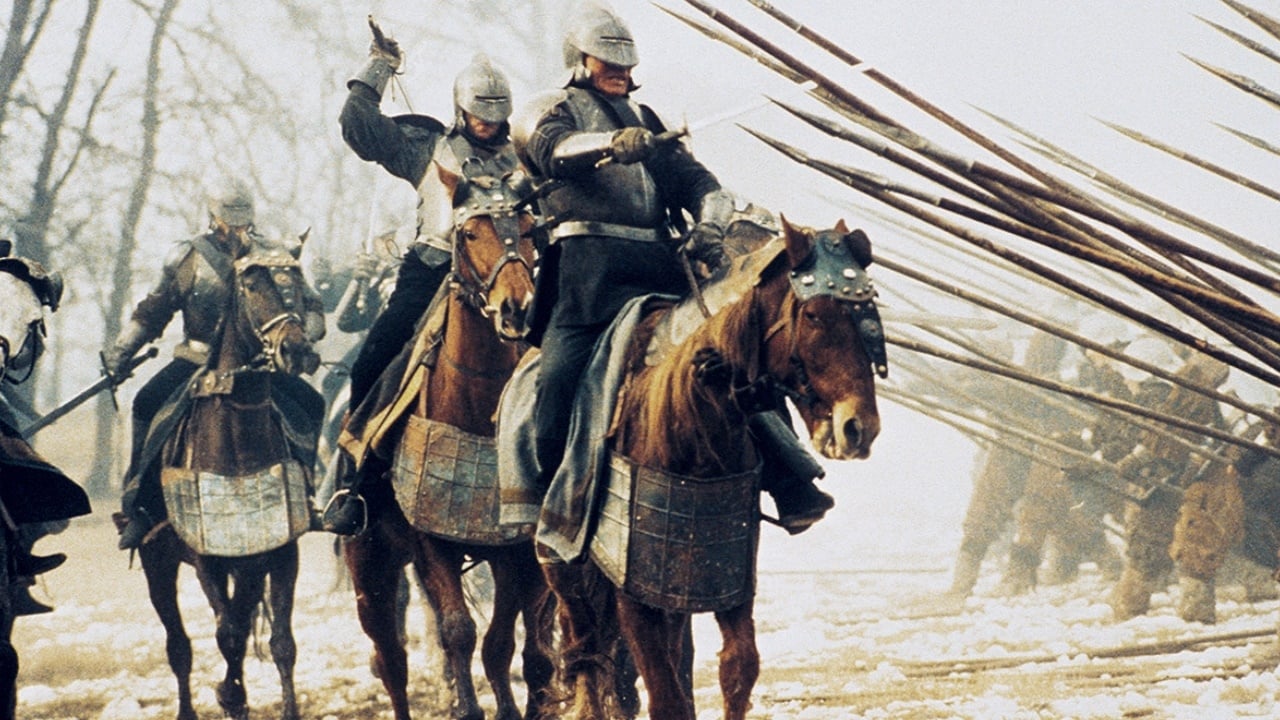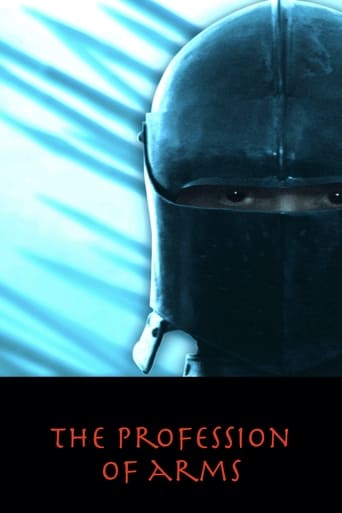



One of the best movies of the year! Incredible from the beginning to the end.
View MoreYes, absolutely, there is fun to be had, as well as many, many things to go boom, all amid an atmospheric urban jungle.
View MoreThis is ultimately a movie about the very bad things that can happen when we don't address our unease, when we just try to brush it off, whether that's to fit in or to preserve our self-image.
View MoreThis is a small, humorous movie in some ways, but it has a huge heart. What a nice experience.
View MoreBeautiful, melancholy attempt to reconstitute the world of Renaissance Italy, focusing on a small battle which, it turns out, is of extreme strategic importance, as in winning it, the way was opened for the French to invade Italy and sack it mercilessly. We learn much about the early role of gunpowder warfare, but also of the fortunes and misfortunes of highly-placed personalities who, like their subjects, lived constantly vulnerable to illness, death and the misfortunes of others which could drag them down from the heights of power to the depths of misery and poverty. I recommend this also for teaching history!
View MoreIt is not an "easy" film. If you are searching for an adventure film, or a "kolossal", you don't find it here. But this is a beautiful movie by the artistic side, you need to watch it with calm and patience, like you have to watch a picture of a famous painter. The plot is carried out like touches of brush, the characters are "painted" over a background of ethereal landscapes, nearly soft. So, why my vote is only a 7/10? This is just because the movie is not easy, perhaps too slow for a "normal" vision. After all when I watch a movie, often, specially when I'm tired at the end of a hard day, I need to relax myself, while this movie needs much attention. I don't think you can watch it without a little of concentration, at least the first time. Like you look at a painting.
View MoreThis film is for audiences with some awareness of renaissance military and art history, being a cross between a documentary (the words, armoury and events are rigorously based on documented history) and a series of achingly beautiful, live renaissance frescoes (photography: Fabio Olmi).It also hazards that that were it not for the betrayal of the Duke of Ferrara and his giving of four small cannon to the invading German forces of Emperor Charles V, not only might the young Joanni not have died as he did but the successful invasion and the sacking of the Papal state might not have occurred.Jivkov as Joanni De Medici and the whole cast are excellent. In short, an uncompromising film from an uncompromising director.
View MoreThis is an absolute must for anybody interested in Olmi's work or in the Italian Renaissance. One of the best Italian productions in years.As usual, Olmi concentrates on the grey landscapes of his native Padana plains, engulfed in a swirling fog dominating the human figures which move through it, in an atmosphere of timeless melancholiness. As in its masterpiece, "L'albero degli zoccoli", Olmi successfully tries to paint a picture of the characters' feelings and strivings through the pitfalls of a difficult existence, devoid of any intrinsec meaning.Do not misunderstand me - this is none of the pacifist crap fashionable amongst trendy critics and intellectuals. Neither it is a convoluted attempt to convey "profound" sociological or psychoanalytical concepts. That's why it didn't win the prize it deserved at Cannes. The film is rather an attempt to represent the reality of human loneliness and meaninglessness within a particular historical setting: that of a time when soldiery was still a "mestiere", a job, a professional choice devoid of the religious overtones which national myths have impressed on it in later times.The Generals of both armies are no heroes, but rather human beings endowed with very human needs - Giovanni writes his loving wife to send him underpants, and his far less loving uncle, the Pope, to send him some money to pay his men. These are poor and humiliated men, fighting in the pope's behalf, and receiving blessings (instead of money) in exchange. Their one solace through religion consists in the act of burning churches and crosses to warm themselves a little - "That's the Christ of us poor people, he will help us", they say finding a huge wooden crucifix, and the face of the Christ being burnt is a testimony to their grieves. But the leader of the German Landsknechten, famous von Freundsberg, is also an old man who, for all his vain ferocity, is forced to go back to Germany after his victory because of his old age and illnesses.The peasants fleeing through the fog, or hung by the German troopers, are wistful - more than tragic - elements of an unmoving landscape, mute testimony to the eternal cycles of war, of suffering, of pathetic strives to win victories that will be forgotten one day or week or month later, as new puppets will "strut and fret their hours upon the stage, and then will be heard no more" (from the famous monologue of Macbeth).A masterpiece from Ermanno Olmi. A film worth seeing wherever you live.
View More